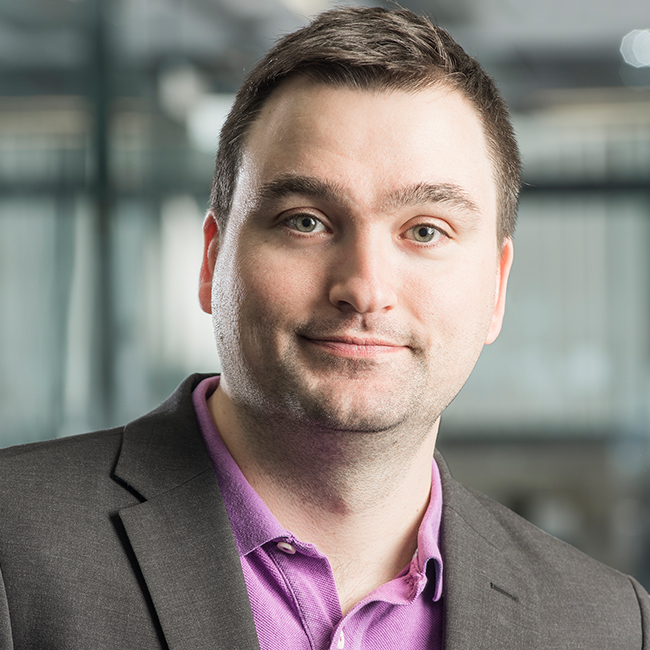From wide-eyed adventurer to veteran volunteer – The journey of a Glasgow 2014 volunteer
By Konstantinos Tomazos - Posted on 26 September 2014Dr Kostas Tomazos takes a closer look at Glasgow 2014’s volunteers and the impact a mega-sports event like the Commonwealth Games can have on an individual volunteer.
The term ‘mega-sports event’ (MSE) refers to a time-bound event and one which receives global interest. For example, MSEs can include world cups and large international sports gatherings such as the Olympics and, of course, the Commonwealth Games.
Volunteers have become an increasingly important economic and cultural component in managing such events. Without their contributions, many MSEs would be unable to function.
According to the National Centre for Volunteering (UK), volunteering can be defined as “…any activity which involves spending time unpaid doing something which aims to benefit someone (individual or groups) other than or in addition to close relatives, or to benefit the environment.”
With what was regarded by most as a resounding success, Glasgow 2014 relied heavily on volunteers to ensure the Games ran as smoothly as possible. My research focused on these volunteers and how they developed over the period of a mega sporting event – from the moment of signing up, to the closing ceremony. I interviewed a number of Glasgow 2014 volunteers, or ‘Frontrunners’ as they were known, including first-time and returning volunteers.
I identified three phases of volunteer transition which occur just before the event, during the event, and after the event.
Stage 1: The ‘Wide-Eyed Adventurer’
The first phase starts as soon as the individual has registered as an MSE volunteer. During this ‘before’ phase, the first-time volunteer has very little information about the experience and his/her role. Generally, they have limited training, but a surplus of enthusiasm for different reasons. They are motivated by both altruistic and reciprocal motives and are reflexive in terms of their participation and how it fits with their personal narrative. The volunteer at this phase can be described as ‘wide-eyed’ as he/she stands on the edge of adventure. They have enthusiasm and a mix of altruistic and instrumental motives; in effect they are altruistic instrumentalists.
Stage 2: The fully fledged ‘Volunteer’
The second phase, during, begins when the volunteers embark on their new role. Their new roles inevitably present them with new challenges. Overcoming these challenges furnishes the volunteer with experience (illustrated in Figure One). This gain in experience turns the wide-eyed individual into the ‘volunteer’, a person who will become instrumental to the games success and they draw a sense of pride from it.
Stage 3: The ‘Veteran Volunteer’
The third phase, after, starts with the end of the MSE and with the volunteer getting back to normal routine and normal rhythms. Some of the frontrunners that had volunteered for London found it difficult to leave their role as they found the atmosphere of the Olympic Games intoxicating. They are ‘veteran’ MSE volunteers and they are distinctly different to the ‘Wide-eyed’ volunteer of phase one. When they seek to feel this buzz again through volunteering for another MSE, they will not start at a low experience point, but they will be building on the experience gained during their previous involvement.
Figure 1 illustrates how a person transforms from a naive volunteer to a veteran
Conclusion
The Frontrunners’ stories suggest that all of those involved in the study intend to continue volunteering including some first time volunteers. Insights have also been drawn in terms of the potential of the sharing of the Frontrunner experience to encourage those not involved in volunteering to get involved.
It has also been indicated that there could be scope to influence the legacy of the Games through the portrayal of Frontrunners through media sources. The Frontrunners’ stories indicate that some were positively influenced by images of the London 2012 Games Makers in taking the decision to be involved with Glasgow 2014.
Particularly, in relation to employment, two Frontrunners are recent graduates and one a current student, each hoping that their time as Frontrunners could provide future employment opportunities.
Have you volunteered at any major sporting events recently and if so, did you experience the phases identified in Konstantino’s research?











